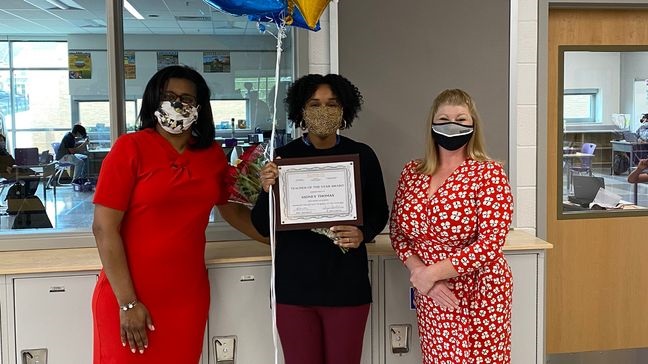By Sidney Thomas, first published by The Baltimore Times, April 30, 2021

A tweet I saw asking teachers to share one book they would recommend for new teachers jolted me back to my first year of teaching in 2008. My school gave me a copy of The First Days of School: How to Be an Effective Teacher by Harry and Rosemary Wong, told me to read it, and then released me into the classroom to figure out how to be an effective teacher.
The book was my only “support” that year. Whenever I asked for additional help to become a better teacher, I was told to go back to that book. Yet, even after rereading it, I still struggled.
I had issues keeping students engaged, with regular disruptions. I was swamped with lesson planning and grading. I didn’t know how to meaningfully support students who were struggling academically or emotionally.
I didn’t feel like an effective teacher. I felt like a failure.
By midyear, I was contemplating quitting because I started to regret going into education—something many new teachers have felt under this year’s extreme stress.
The doubts and frustration continued until I started to get “real life” teaching experience, asking for other teachers’ help, taking training, and putting the pieces together to make it work better. Things finally started to click, if only in bits and pieces.
I wish someone would have worked with me on so many things in my early years: meaningfully implementing an individualized education plan, making genuine connections with parents, creating non-authoritarian relationships with students, managing lesson planning and grading time, decompressing and maintaining self-care, and much more. I had to figure it all out, because what I learned in college courses or from reading books on pedagogy and classroom management hadn’t fully prepared me for the reality.
